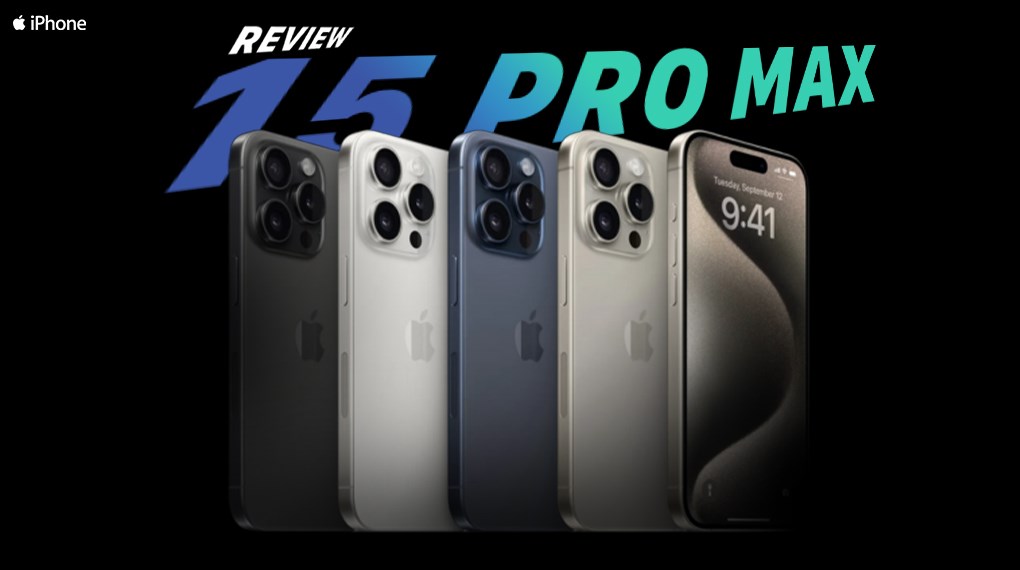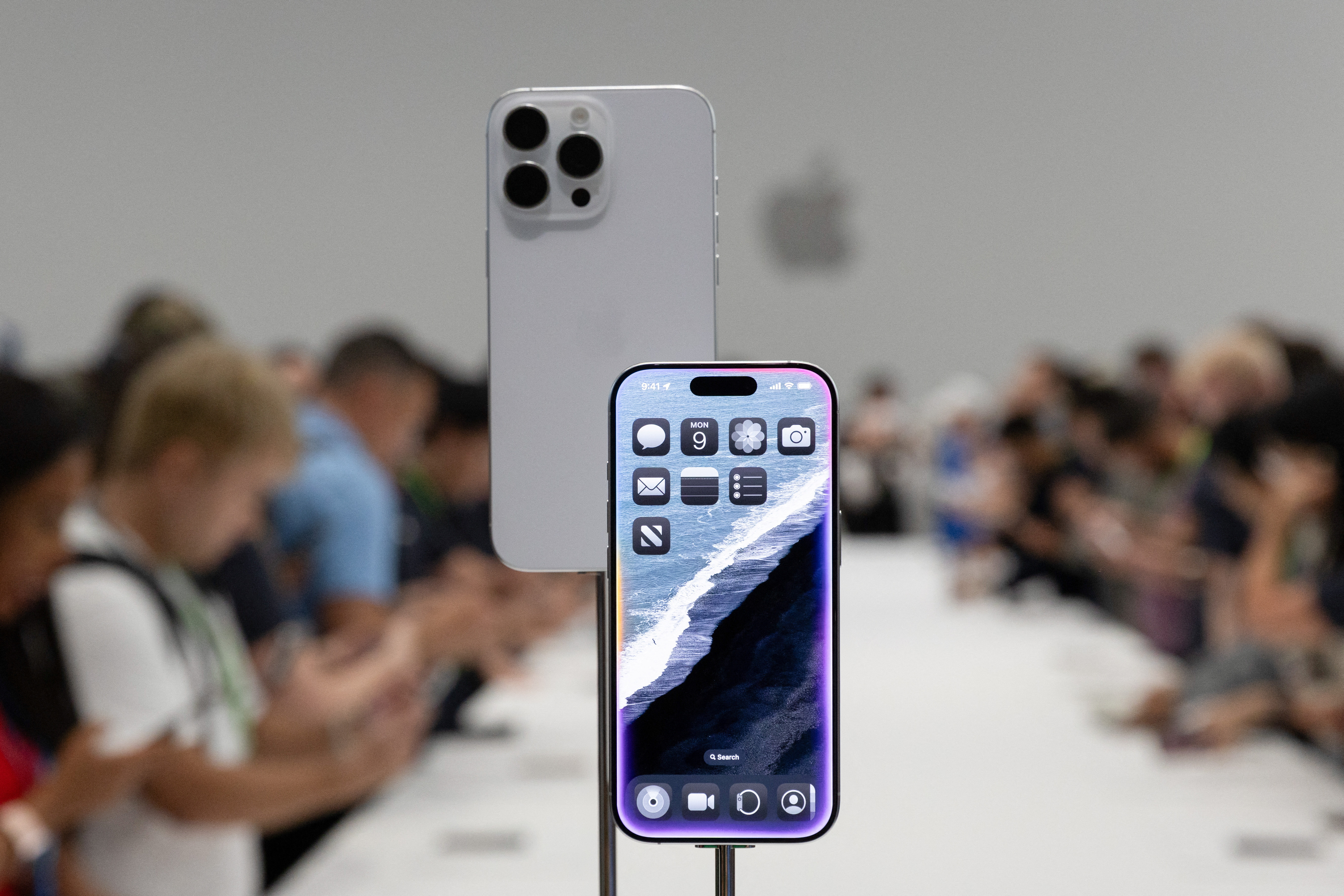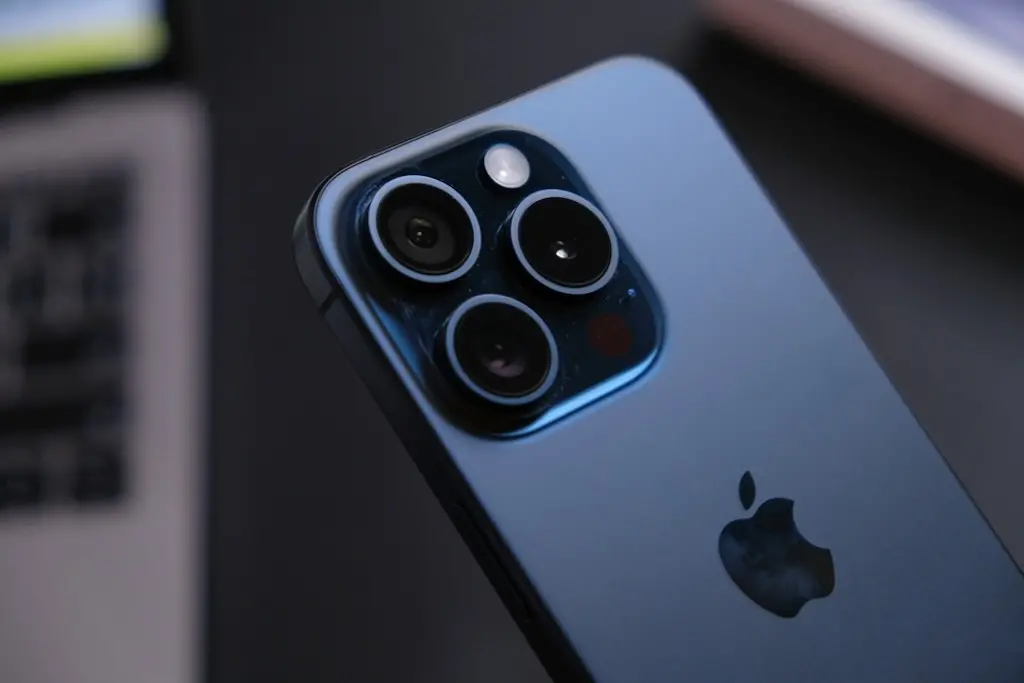Apple, a global leader in technology, has long been known for creating products that spark excitement and set trends. However, despite the company’s ambitious foray into artificial intelligence (AI), its latest attempts to revolutionize the iPhone experience appear to have hit a bump in the road. In 2024, Apple launched what it hoped would be a game-changing new feature: Apple Intelligence, an advanced AI system integrated into the iPhone. While initially hailed as the dawn of a “super cycle upgrade” for the iPhone, recent data and analyst reports suggest that this expectation may not be coming to fruition as quickly as Apple had hoped.
Here's ads banner inside a post

The Promise of AI and Apple Intelligence
Apple introduced its AI venture in June 2024, during its Worldwide Developers Conference (WWDC), unveiling Apple Intelligence as a groundbreaking step forward for its iPhone lineup. The new feature, which started rolling out in October, was promoted as an essential component of the iPhone 15 Pro models and later versions, with Apple positioning it as the first iPhone ever designed from the ground up with AI capabilities in mind. The announcement was met with significant excitement in the tech community, with many analysts predicting that the iPhone would enter a “golden upgrade cycle” spurred by this new technology. This cycle would supposedly see millions of consumers upgrading their iPhones to take advantage of the AI capabilities, offering a major sales boost for Apple.

Here's ads banner inside a post
However, as the dust settles, it appears that the enthusiasm surrounding Apple Intelligence may have been premature. Analysts had anticipated a surge in demand for the iPhone 16, particularly among those who were eager to experience the enhanced AI features. Yet, the results have not lived up to expectations. According to Craig Moffett, senior analyst at MoffettNathanson, the lack of consumer excitement about AI has become a major concern. In fact, he even downgraded Apple’s stock to a “sell” on the grounds that there were no clear signs of an upgrade cycle taking off, and growing evidence suggested that consumers were unmoved by the promise of AI functionality.

The AI Anticipation and the Reality of Consumer Interest
Despite the initial hype around Apple Intelligence, consumers have yet to demonstrate the level of enthusiasm that Apple had hoped for. Although Apple positioned the iPhone 16 as a device specifically crafted with AI in mind, offering features like personalized experiences and smarter interactions, the reality has been less compelling. Analysts such as William Kerwin from Morningstar, who initially saw AI as Apple’s most significant story of 2024, have had to recalibrate their expectations. What was once seen as the beginning of an explosive growth cycle has now become a more tempered view of gradual growth, particularly in the first year of the technology’s rollout.
Here's ads banner inside a post

Ming-Chi Kuo, a prominent analyst known for his accurate predictions about Apple, shared his insights on the sales of the iPhone 16. According to Kuo, the iPhone 16 sold approximately 37 million units during its first preorder weekend, marking a 12.7% decline in comparison to the iPhone 15’s first preorder weekend. This drop in sales suggests that while there may be interest in the new devices, the much-anticipated AI-driven upgrade cycle is failing to materialize as expected.

Apple had long relied on the excitement generated by new hardware releases to fuel sales, and while the company’s iPhone models have consistently sold well over the years, the specific promise of Apple Intelligence driving a super cycle of upgrades now seems less certain. In fact, this has led to a re-evaluation of the timeline for such an upgrade cycle. The AI features in the iPhone may be impressive, but they may not be enough to convince large numbers of users to make the leap to the newest model.
What Went Wrong? The Challenges of AI in Consumer Devices
Several factors may explain why Apple’s ambitious AI plans are not yet paying off. One of the key challenges lies in the gap between what AI promises and how it is perceived by consumers. While the tech community and early adopters are often excited by new AI advancements, many consumers are less convinced of their day-to-day utility. The AI features in the iPhone 16, such as smarter voice assistants, improved image recognition, and more personalized app recommendations, may be impressive from a technical standpoint, but they have not yet delivered the kind of transformative experience that compels widespread upgrades.

Another challenge lies in the way that consumers upgrade their smartphones. Many users are not inclined to upgrade their iPhones every year, especially when their current devices still function well and provide a satisfactory user experience. While Apple’s incremental updates—such as improved cameras, faster processors, and longer battery life—are often enough to entice users, the leap to an entirely AI-driven iPhone may not be enough to overcome the inertia that often accompanies smartphone upgrades.

Moreover, the rollout of Apple Intelligence has been relatively limited. Initially, the technology was only available for the iPhone 15 Pro models and later versions, which means that a large portion of the consumer base is not yet able to experience the AI-driven features. Apple has also not fully unleashed the full potential of Apple Intelligence, with many analysts believing that the company still has more to reveal and integrate into future iPhone models. This means that the true capabilities of Apple Intelligence might not yet be fully realized, and consumers may be waiting to see how the technology evolves before committing to an upgrade.

The Future: Can Apple Still Spark an Upgrade Super Cycle?
Despite the underwhelming initial reception to Apple Intelligence, all hope is not lost for Apple. There is still potential for the company to trigger an upgrade super cycle, but it may not happen as soon as some had hoped. According to Gene Munster, managing partner at Deepwater Asset Management, Apple Intelligence could play a significant role in a super cycle, but this is more likely to take place later in fiscal 2025 or even in fiscal 2026. Munster believes that Apple has yet to fully integrate the technology into its product lineup and that there is still “a lot of work to do” before the company can achieve the kind of iPhone upgrade cycle that analysts initially predicted.

Apple’s upcoming earnings report for Q1 2025, set to be released on January 30, will provide more insights into how Apple Intelligence has affected iPhone sales and whether it has spurred the kind of consumer excitement that was anticipated. Investors and analysts alike will be closely watching the results to see whether the AI-driven future of the iPhone is indeed as transformative as Apple hopes it will be.
A Shaky Start: Can Apple’s AI Vision Ultimately Deliver?
Apple’s AI-driven iPhone upgrade cycle has not yet lived up to the hype that surrounded its announcement. While Apple Intelligence has certainly shown promise, the consumer response has been tepid, and the super cycle of upgrades that many analysts predicted may take longer to materialize. As Apple continues to refine its AI capabilities and integrate them into future models, the question remains: Can Apple’s vision for AI truly revolutionize the iPhone, or will it fade into the background as just another feature in an already highly competitive market? Only time will tell.


